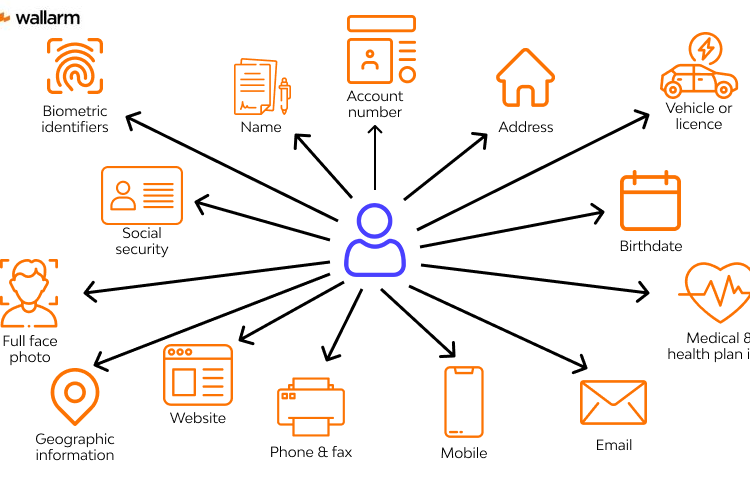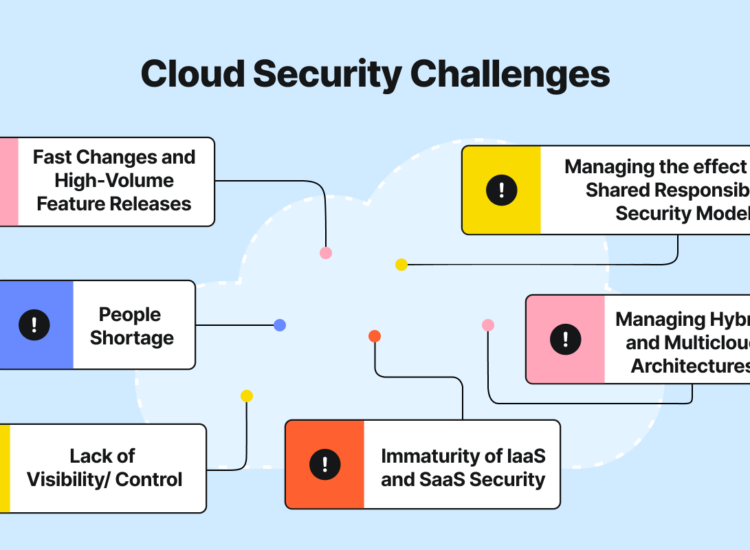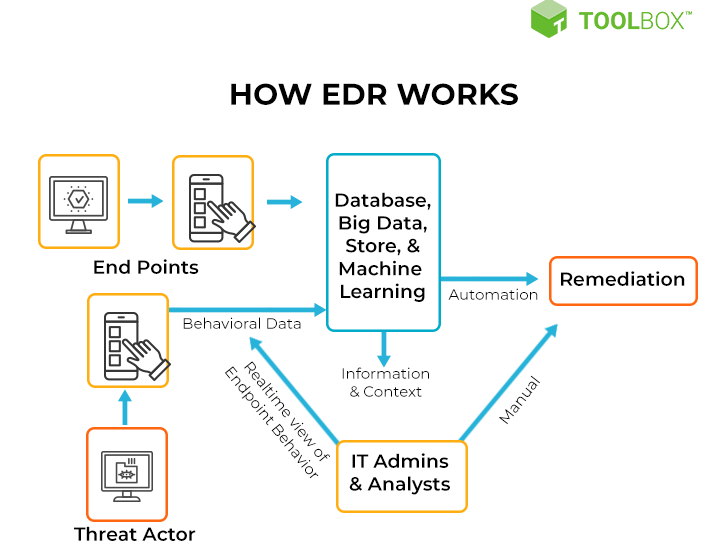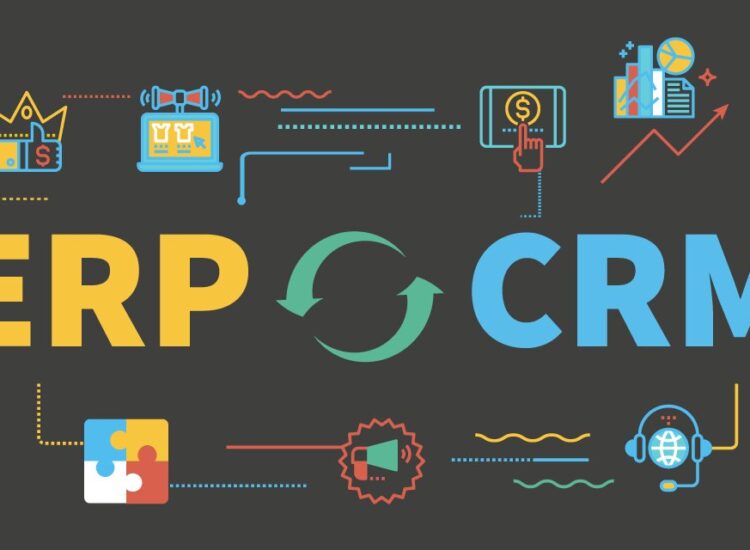The global cloud accounting market is booming, projected to reach $19.64 billion by 2027. However, securely managing client data remains a major hurdle for accounting firms. QuickBooks cloud hosting offers a potential solution, addressing data security and collaboration challenges. This article examines its benefits and drawbacks, providing insights to help firms make informed decisions.
Toc
- 1. Understanding QuickBooks Cloud Hosting
- 2. Advantages of QuickBooks Cloud Hosting for Accounting Firms
- 3. Related articles 01:
- 4. Choosing the Right QuickBooks Cloud Hosting Provider
- 5. Security Measures and Best Practices
- 6. Accessing and Utilizing Your QuickBooks Cloud Hosting
- 7. Integration and Customization Options
- 8. Conclusion
- 9. Related articles 02:
Understanding QuickBooks Cloud Hosting

QuickBooks cloud hosting refers to the ability for accounting firms to access QuickBooks Desktop applications via a secure remote server. This model stands in contrast to QuickBooks Online, which, while cloud-based, does not provide the full feature set of the desktop version. QuickBooks cloud hosting allows firms to leverage all the functionalities of the desktop version while enjoying the advantages of cloud technology.
Key Differences Between QuickBooks Cloud Hosting and QuickBooks Online
In this table, we see that QuickBooks cloud hosting offers extensive customization and support for add-ons, making it an attractive option for firms that require advanced functionalities.
Advantages of QuickBooks Cloud Hosting for Accounting Firms
Enhanced Security
Protecting sensitive financial data is paramount in the accounting sector, demanding robust security measures. QuickBooks cloud hosting solutions come equipped with advanced security features such as data encryption, multi-factor authentication (MFA), and comprehensive disaster recovery plans. For example, a reputable provider like Right Networks emphasizes its SOC 2 Type II certification, demonstrating adherence to rigorous auditing standards for data security and availability. This contrasts with some smaller providers who may only offer basic security measures. However, even with robust security, human error remains a significant vulnerability. A 2023 study found that over 90% of data breaches were attributed to human error, highlighting the need for employee training and MFA as crucial complements to any provider’s security measures.
Improved Collaboration
One of the standout features of QuickBooks cloud hosting is its ability to facilitate improved collaboration. Multiple users can access and work on the same QuickBooks file simultaneously, fostering teamwork and communication among accountants, regardless of their geographical locations. This real-time collaboration is particularly beneficial for tax season, when accounting firms often face intense deadlines. However, this level of access requires careful management of user permissions to prevent accidental data modification or deletion. Furthermore, relying solely on cloud-based collaboration can present challenges for firms with limited or unreliable internet connectivity in certain locations. Consideration should be given to offline capabilities or alternative communication methods to mitigate these issues.
Increased Efficiency
QuickBooks cloud hosting can significantly streamline workflows by reducing administrative overhead. Accounting firms can minimize the time spent on software updates, backups, and maintenance, allowing professionals to focus more on providing value to their clients. The seamless integration of applications also plays a vital role in enhancing overall efficiency, enabling firms to operate more effectively.
Cost Savings
Transitioning to QuickBooks cloud hosting can lead to substantial cost reductions compared to maintaining on-premise servers and IT infrastructure. Firms can lower expenses related to hardware, software, and IT personnel, resulting in lower overall operational costs. However, while cloud hosting can reduce IT infrastructure costs, the ongoing subscription fees can represent a significant recurring expense. On-premise solutions, while requiring initial capital investment, can offer long-term cost savings if the firm’s needs remain relatively stable. A thorough cost-benefit analysis comparing both options is essential before making a decision.
1. https://bomnuocdailoan.com/mmoga-the-ultimate-guide-to-best-magento-hosting-in-2024/
2. https://bomnuocdailoan.com/mmoga-find-the-best-managed-server-hosting-in-2024/
3. https://bomnuocdailoan.com/mmoga-the-best-video-hosting-platforms-for-educators-in-2024/
4. https://bomnuocdailoan.com/mmoga-cheap-cloud-hosting-the-ultimate-guide-for-small-businesses/
5. https://bomnuocdailoan.com/mmoga-public-cloud-hosting-a-complete-guide-for-it-managers/
Addressing Common Concerns
While QuickBooks cloud hosting presents numerous advantages, some firms may still have concerns about security risks, data breaches, and reliance on internet connectivity. However, reputable QuickBooks cloud hosting providers take extensive measures to ensure data integrity and security. They conduct regular backups and implement secure data transmission protocols. Additionally, firms can establish contingency plans to address potential downtime due to internet connectivity issues.
Choosing the Right QuickBooks Cloud Hosting Provider
Key Considerations
When selecting a QuickBooks cloud hosting provider, accounting firms should consider several critical factors:
- Security and Compliance: Look for providers that possess industry certifications such as SSAE 16, SOC 2, and HIPAA compliance. These certifications indicate adherence to stringent security protocols.
- Uptime Guarantee: A high uptime guarantee (e.g., 99.99%) is essential for ensuring that QuickBooks is accessible whenever needed. Firms should inquire about the provider’s policies regarding downtime and how they handle service interruptions.
- Scalability and Flexibility: As accounting firms grow, their needs may evolve. Choose a provider that offers scalable plans, allowing firms to easily add or remove users and adjust resources as necessary.
- Technical Support: Quality technical support is vital for quick issue resolution. Opt for a provider that offers 24/7 support with knowledgeable staff who can assist with QuickBooks-related inquiries.
- Integration Capabilities: Ensure that the provider can seamlessly integrate with other applications commonly used in the accounting industry, such as Microsoft Office and Bill.com.
- Pricing and Plans: Evaluate different pricing models, including monthly and annual subscriptions. Understand the factors that influence pricing, such as the number of users, storage space, and additional features.
Current Trends in QuickBooks Cloud Hosting
The increasing adoption of AI-powered tools for accounting tasks is a significant trend. Many providers are now integrating AI capabilities into their platforms, offering features such as automated invoice processing and financial forecasting. This can lead to increased efficiency but also raises concerns about data privacy and algorithmic bias. Another trend is the growing emphasis on cybersecurity insurance for cloud hosting providers. This insurance protects firms against financial losses resulting from data breaches or cyberattacks, adding an extra layer of security for sensitive client data. However, the cost of such insurance can be substantial and may not cover all potential losses.
QuickBooks Cloud Hosting Pricing and Plans: A Detailed Look
Pricing Models
QuickBooks cloud hosting pricing typically operates on a subscription model, where firms are charged based on the number of users and the features included. Common pricing structures include:
- Per User: Firms pay a monthly fee for each user accessing the software.
- Monthly vs. Annual Discounts: Many providers offer discounts for annual subscriptions compared to month-to-month payments.
Factors Influencing Price
Several factors influence the cost of QuickBooks cloud hosting:
- Number of Users: More users typically result in higher costs, as providers charge per user.
- Storage Space: The amount of data storage required can impact pricing, with additional fees for exceeding storage limits.
- QuickBooks Version: The version being hosted (Pro, Premier, Enterprise) can affect the price, with Enterprise typically being more expensive due to its advanced features.
- Additional Features: Extra functionalities, such as integration with Microsoft Office, may incur additional costs.
Pricing Examples Across Providers
QuickBooks Enterprise cloud hosting is tailored for larger firms that require advanced features. The cost typically starts at $70 per user per month, but can vary significantly based on the specific needs of the firm, including the number of users and additional functionalities.
Security Measures and Best Practices
Data Security Protocols
Reputable QuickBooks cloud hosting providers employ various security measures to protect sensitive data:
- Data Encryption: All data transmitted between the user’s device and the cloud server is encrypted to prevent unauthorized access.
- Firewalls: Advanced firewalls are implemented to monitor and control incoming and outgoing network traffic.
- Intrusion Detection Systems: Providers utilize systems that continuously monitor for suspicious activity and potential security breaches.
Data Backup and Disaster Recovery
Regular data backups are crucial for maintaining data integrity. Most providers offer automated daily backups, ensuring that firms can recover their data in the event of an incident. Additionally, disaster recovery plans are essential for restoring operations swiftly after an unexpected disruption.
Best Practices for Secure Cloud Hosting
To enhance security, accounting firms should adopt the following best practices:
- Password Management: Use strong, unique passwords for QuickBooks and change them regularly.
- Multi-Factor Authentication (MFA): Implement MFA to add an extra layer of security during the login process.
- Employee Training: Regularly train staff on cybersecurity best practices to mitigate risks associated with human error.
- Compliance Regulations: Stay informed about relevant compliance regulations, such as GDPR and CCPA, and ensure that the cloud hosting provider helps meet these requirements.
Accessing and Utilizing Your QuickBooks Cloud Hosting
QuickBooks Cloud Hosting Login Process
Accessing QuickBooks in the cloud typically involves a straightforward login process. Users enter their credentials on a secure login page, where they may also be required to complete multi-factor authentication for added security.
Multi-Device Access
One of the key advantages of QuickBooks cloud hosting is the ability to access the software from various devices. Users can log in to their accounts from desktops, laptops, tablets, and smartphones, providing flexibility in how and where they work.
Remote Access and Collaboration
QuickBooks cloud hosting facilitates remote access, allowing accountants to work from anywhere. This feature is particularly beneficial for firms with remote employees or those who need to collaborate with clients outside the office.
Troubleshooting QuickBooks Cloud Hosting Login Issues
Despite the convenience of cloud access, users may occasionally encounter login issues. Common troubleshooting steps include:
- Verifying internet connectivity.
- Ensuring correct username and password entry.
- Clearing browser cache and cookies.
- Contacting technical support for assistance.
Integration and Customization Options
Integrating with Other Applications
QuickBooks cloud hosting allows for seamless integration with a variety of business applications, enhancing overall functionality. Popular integrations include Microsoft Office, CRM software, and payment gateways, which streamline workflows and increase efficiency.
Popular QuickBooks Add-ons
Numerous QuickBooks add-ons are available to extend the software’s capabilities. These include tools for expense tracking, time management, invoicing, and project management. Implementing these add-ons can significantly enhance the value of QuickBooks cloud hosting for accounting firms.
Customizing Your Cloud Setup
Each accounting firm has unique needs, and providers typically offer customizable cloud setups. Firms can choose the applications, storage space, and user permissions that best align with their operational requirements, ensuring a tailored solution.
Conclusion
QuickBooks cloud hosting offers accounting firms a powerful solution for enhancing security, collaboration, efficiency, and cost savings. By carefully selecting a reputable provider and implementing best practices, firms can maximize the benefits of cloud technology while safeguarding sensitive client data. This comprehensive guide has equipped you with the knowledge to make informed decisions about your QuickBooks cloud hosting needs. By considering current trends, understanding pricing models, and emphasizing security, you can ensure that your firm stays competitive in the evolving landscape of cloud accounting. Contact a provider today to explore your options and begin leveraging the power of cloud accounting.
1. https://bomnuocdailoan.com/mmoga-the-best-video-hosting-platforms-for-educators-in-2024/
2. https://bomnuocdailoan.com/mmoga-the-ultimate-guide-to-best-magento-hosting-in-2024/
3. https://bomnuocdailoan.com/mmoga-public-cloud-hosting-a-complete-guide-for-it-managers/
4. https://bomnuocdailoan.com/mmoga-find-the-best-managed-server-hosting-in-2024/
5. https://bomnuocdailoan.com/mmoga-cheap-cloud-hosting-the-ultimate-guide-for-small-businesses/









